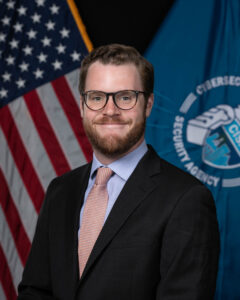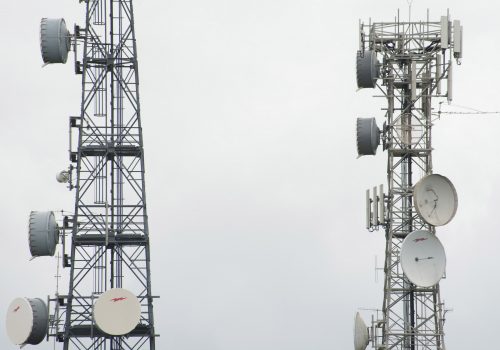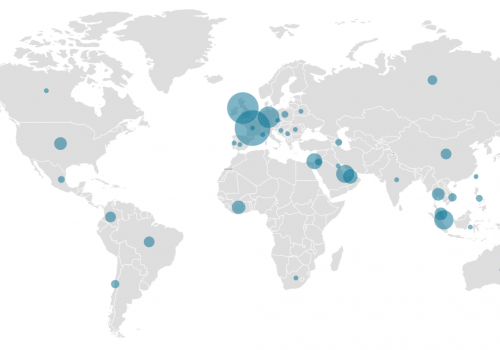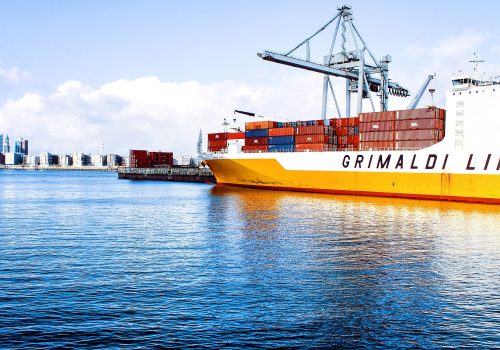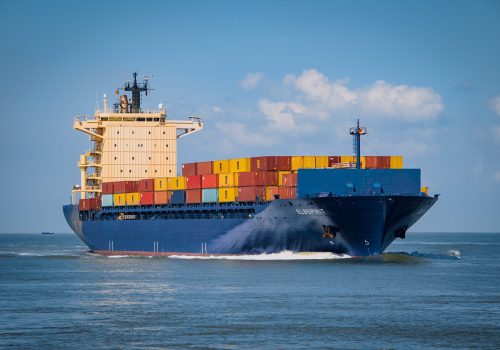The Cyber Statecraft Initiative works at the nexus of geopolitics, technology, and security to craft strategies to help shape the conduct of statecraft and to better inform and secure users. This work extends through the competition of state and non-state actors, the security of the internet and computing systems, the safety of operational technology and physical systems, and the communities of cyberspace. The Initiative convenes a diverse network of passionate and knowledgeable contributors, bridging the gap among technical, policy, and user communities.
Our work

The Atlantic Council Technology Programs comprises five existing efforts—the Digital Forensic Research Lab (DFRLab), the GeoTech Center, the Cyber Statecraft Initiative, the Democracy + Tech Initiative, and the Capacity Building Initiative. These operations work together to address the geopolitical implications of technology and provide policymakers and global stakeholders necessary research, insights, and convenings to address challenges around global technology and ensure its responsible advancement.
Team
Fellows
Publications
Events

The Atlantic Council’s Cyber Statecraft Initiative, part of the Atlantic Council Technology Programs, works at the nexus of geopolitics and cybersecurity to craft strategies to help shape the conduct of statecraft and to better inform and secure users of technology.
Licensing CSI Graphics
All original graphics created by the Cyber Statecraft Initiative (CSI) are available for re-use under the following conditions:
- Written permission must be granted by CSI.
- Graphics may be copied and distributed in any medium or format in unadapted form only, for noncommerical purposes, and only so long as attribution is given.1Language based on Creative Commons CC BY-NC-ND 4.0
- The attribution must reference the Cyber Statecraft Initiative and include a link to the content.
- CSI cannot grant permission for the use of images or graphics licensed from third parties.















